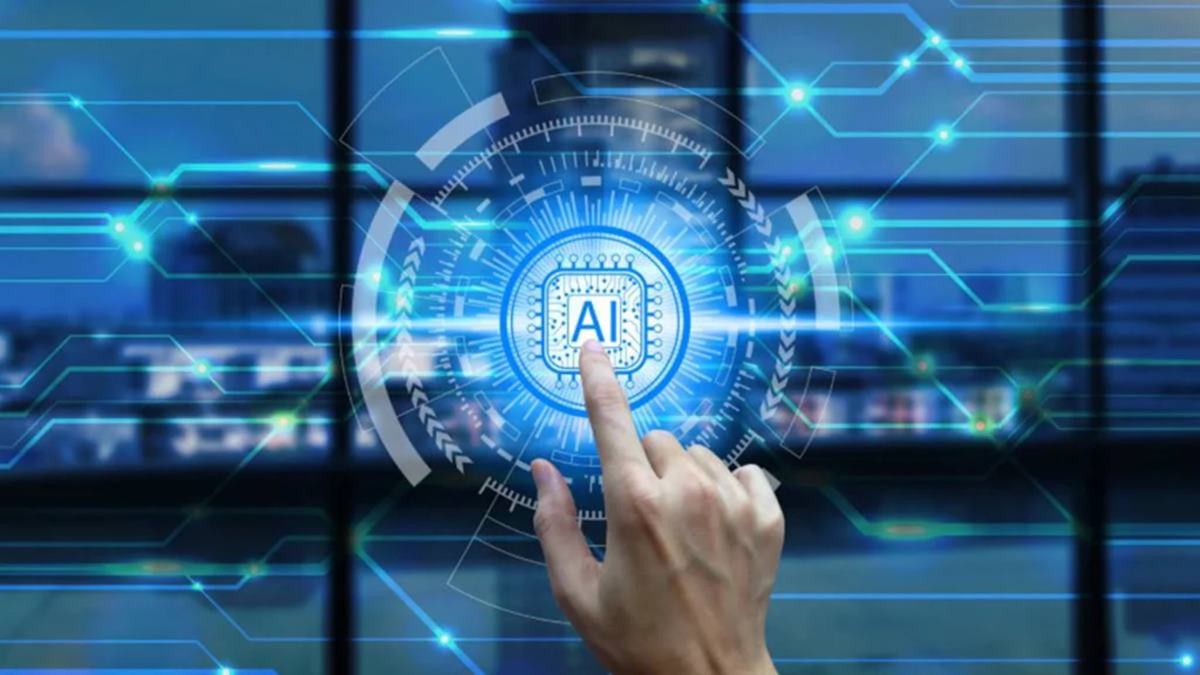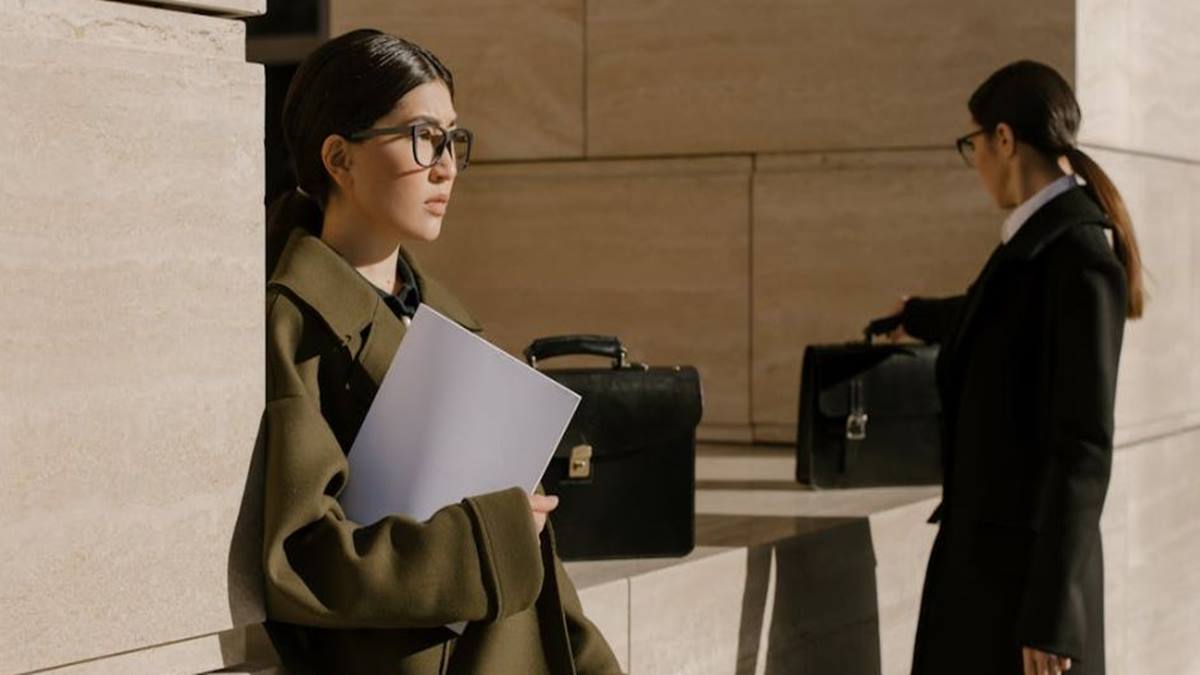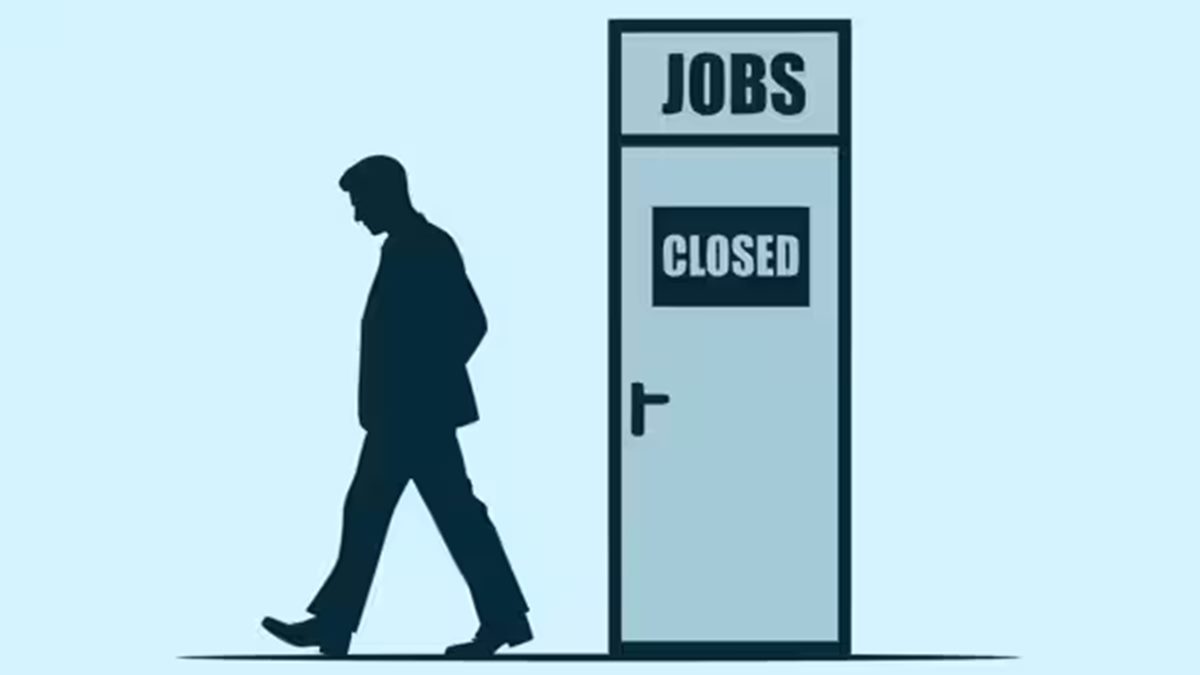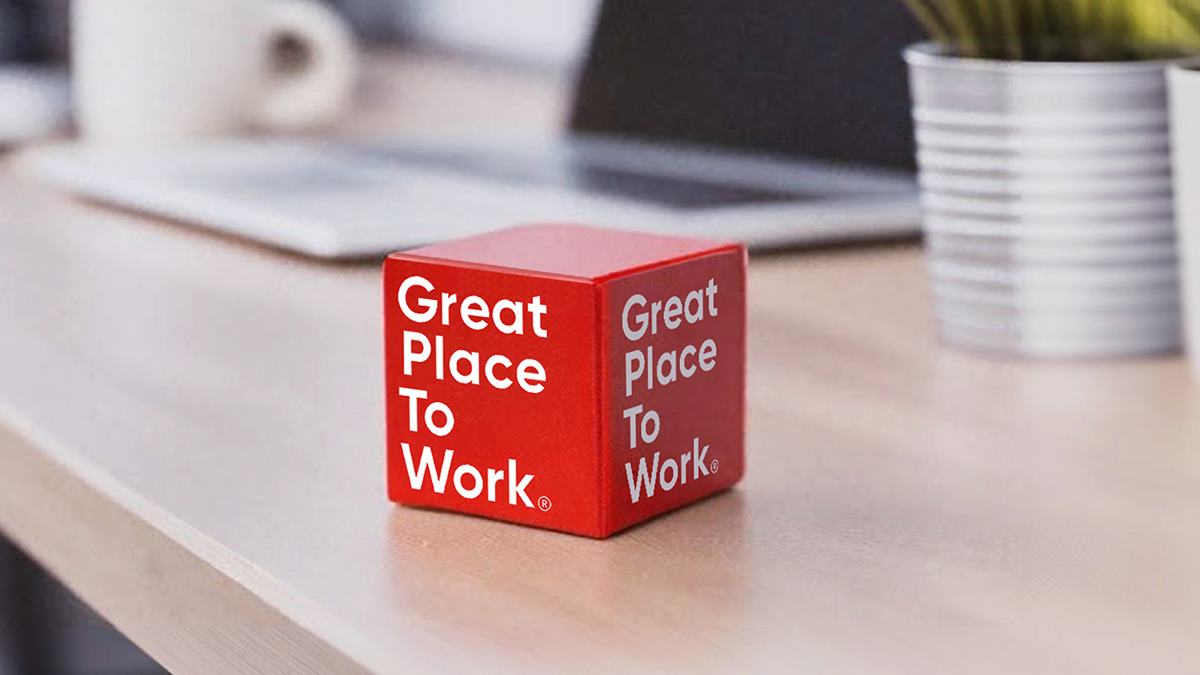There was a time when HR was a department of files and forms. It was about contracts, compliance, and keeping records neat in metal cabinets. If you asked someone 30 years ago what HR did, they’d have said, “They handle salaries, attendance, and paperwork.” But history has a way of reshaping the quiet functions. As business landscapes shifted — globalisation, gig work, remote collaboration, the rise of knowledge-driven businesses — HR began to transform. It moved from being a custodian of policies to a partner in strategy. And now, with artificial intelligence at the centre of the enterprise, HR is entering its most radical chapter yet.
AI Has Moved into HR’s DNA
What once required endless manual hours — screening resumes, scheduling interviews, gathering employee feedback — can now be handled by intelligent systems in minutes. But more than efficiency, AI brings something HR has never had at scale: foresight. These systems don’t just record employee behaviour—they interpret it. They recognise patterns invisible to managers. They predict when a team is losing motivation, suggest ways to keep careers on track, and even help employees discover talents they didn’t know they had. HR is evolving from a function that responds to events to one that shapes events before they occur.
The End of the One-Size-Fits-All Workplace
For decades, organisational systems treated employees alike — annual reviews, generic training sessions, and uniform career ladders. But humans are not identical, and AI is starting to reveal just how varied our journeys really are. In the near future, HR won’t roll out blanket policies. Instead, it will curate individual employee experiences — career paths tailored to personal strengths, learning modules aligned with individual ambitions, and even workplace benefits designed uniquely to fit context. Think about it: HR as an architect of personalised work lives, where every employee feels seen, valued, and heard in ways mass systems could never achieve.
The New Role: Guardian of Ethics in a Digital Workforce
There’s a flip side. Algorithms may be fast, but they are not wise. They reflect the data they’re trained on — and data, unfortunately, carries human bias. This is why HR’s role now extends far beyond technology adoption. HR must become the guardian of fairness and trust.
From ensuring hiring algorithms don’t carry hidden prejudice to making sure employee monitoring tools are used responsibly, HR is at the centre of balancing what is possible with what is ethical. The “H” in HR matters more than ever: if we lose the human value system, even the smartest AI becomes dangerous.
Reskilling: The New Social Contract of Work
Every industrial revolution has disrupted jobs — steam engines replaced manual labour, computers reshaped offices, and the internet rewrote commerce. AI is continuing that story, but at a dramatically faster pace. Jobs aren’t disappearing; they’re transforming. Old roles are merging with new ones, and entirely unheard-of careers are beginning to emerge — digital ethicists, algorithm auditors, and human-AI collaboration coaches. HR’s responsibility is to make sure today’s employees don’t just survive this shift but thrive in it through deliberate reskilling and upskilling. The future HR leader is not a people manager alone but a workforce futurist — someone who helps employees walk confidently into careers that don’t even exist yet.
HR as the Enterprise Command Centre
Picture the HR department five years from now: no longer a corner office with policy binders, but a digital command centre. Interactive dashboards glowing with real-time insights on workforce health, talent gaps, and cultural pulse. AI copilots guiding decisions, not replacing people but amplifying their judgement.
From hiring to engagement, from learning to leadership, HR will orchestrate the human-technology symphony that defines the AI-first workplace.
What Will Never Change
For all its power, AI will never replace the human essence of HR. Machines may see patterns, but they cannot inspire trust. They may measure engagement, but they cannot spark belonging. They may guide careers, but they cannot provide meaning. The future of HR is a paradox: the more digital it becomes, the more human it must remain. Empathy, inclusion, and purpose will be the traits that differentiate visionary organisations from the rest.
The Bottom Line
The story of HR is no longer one of evolution—it is a reinvention.
HR has been:
- A record keeper in the past.
- A strategic partner in the present.
- And in the AI-first future, it will be a culture architect, ethicist, and workforce futurist.
This isn’t just a new chapter for HR. It’s a new era for work itself. And HR, once an overlooked function, is now writing the blueprint of the AI-powered enterprise.




















